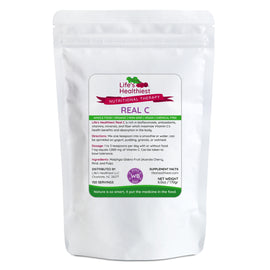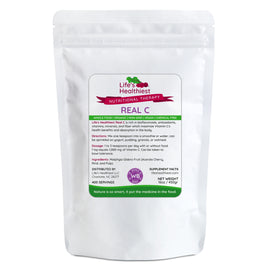Skip to Main Content
Sort + Filter
EBV - Epstein Barr - Chronic Fatigue Syndrome Support
Epstein-Barr virus (EBV), is a widespread human herpes virus, can cause mononucleosis — but usually, it doesn't. In fact, most EBV infections aren't noticeable, even when they're most active in your body. By age 35, almost everyone has antibodies to EBV, indicating past infection.
It takes more than an uncovered cough or sneezes to transmit EBV. During primary infection, people shed the virus in saliva. You need close contact, such as kissing or sharing a cup with an infected person, to catch EBV.
The infection generally causes no signs or symptoms, except in teenagers and young adults. In that age group, at least a quarter of infections cause mononucleosis — a disease that features fatigue, headache, fever, sore throat, and swollen lymph nodes.
Most people who have infectious mononucleosis, or mono, get it only once. Rarely, however, mononucleosis symptoms may recur months or even years later.
Most cases of mononucleosis are caused by infection with the Epstein-Barr virus (EBV). Once you're infected with EBV, you carry the virus — usually in a dormant state — for the rest of your life. Periodically, however, the virus may reactivate. When this happens, the virus can be detected in your saliva — but you're not likely to become ill. Rarely, reactivated EBV may cause illness in people who have weak immune systems, such as those who have AIDS.
Mononucleosis rarely leads to a serious condition called chronic active EBV infection, which is characterized by persistent illness more than six months after the initial mononucleosis diagnosis.
If you're experiencing signs or symptoms of mononucleosis — such as fatigue, weakness, fever, sore throat and swollen lymph nodes — and you've had mono before, consult your doctor to determine the cause of your current symptoms.







